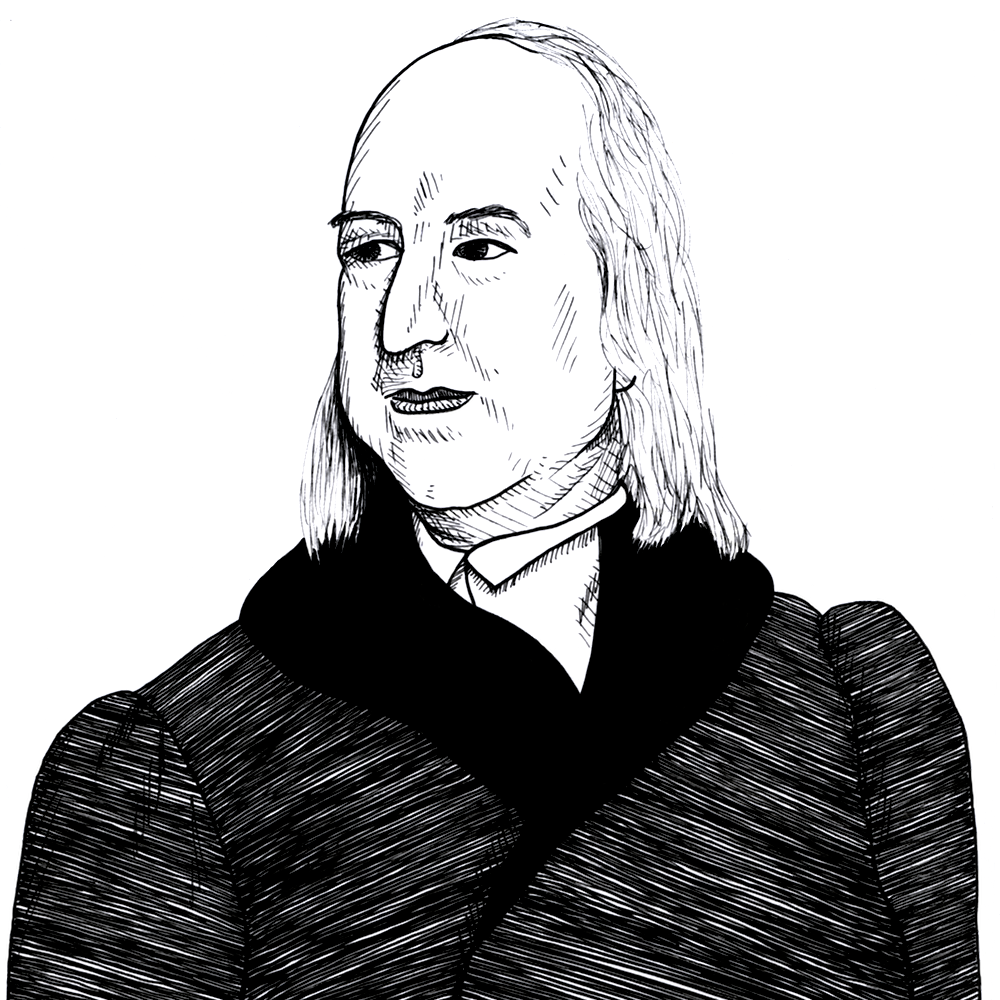
Jeremy Bentham on rights as a creation of the state alone (1831)
Found in: The Works of Jeremy Bentham, vol. 3
The English utilitarian political philosopher and lawyer Jeremy Bentham (1748-1832) dismissed the notion of “natural” rights as nonsense and argued the all rights were the creation of the state:
Natural Rights
Rights are, then, the fruits of the law, and of the law alone. There are no rights without law—no rights contrary to the law—no rights anterior to the law. Before the existence of laws there may be reasons for wishing that there were laws—and doubtless such reasons cannot be wanting, and those of the strongest kind;—but a reason for wishing that we possessed a right, does not constitute a right. To confound the existence of a reason for wishing that we possessed a right, with the existence of the right itself, is to confound the existence of a want with the means of relieving it. It is the same as if one should say, everybody is subject to hunger, therefore everybody has something to eat.